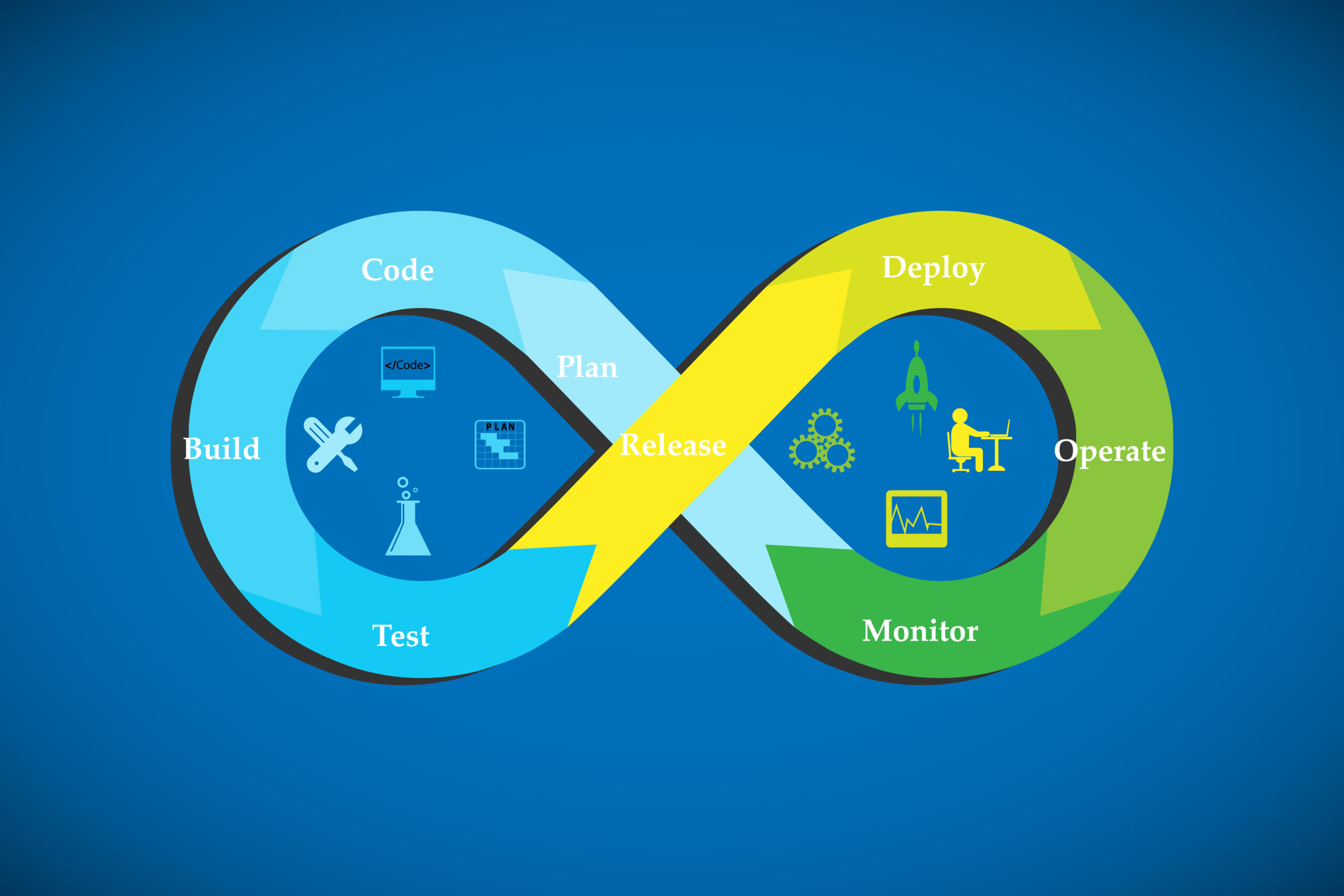
How Softer Skills Help You Succeed with DevOps

How do you build a DevOps team from scratch? Or even, how do you improve the efficiency of an existing team? Hiring a DevOps specialist seems an obvious place to start. Budget and circumstances permitting, this should boost the initiative, but still doesn’t address how you implement the DevOps transformation across the entire team or indeed across departments.
Let’s consider how enterprises engaged in DevOps transformation can get the best results from their teams.
How to Prepare for DevOps?
Start by assessing the people you’ve got: their expertise, which includes their technical, process and people skills.
Examine in particular where there may be skills gaps, and don’t be afraid of creative or unusual ways to fill it. Perhaps your perfect fit aligns with another area of the business? Or your own team members show promise but need a little extra training? Or maybe you should consider an app development partner to fulfill a key role during a critical phase. It’s important to formulate a plan for the near, medium and long-term execution of DevOps.
Creating a culture in which DevOps can thrive often boils down to persuasion, a passion to succeed and… some clever tactics! We’ve outlined our winning strategies.
Create Model Behaviors
We often talk about the importance of communication skills, but telling people to communicate better is no guarantee of success. Instead, encourage behaviors that break down siloes and result in better collaboration.
– Make it count: If you really want to foster collaboration, demonstrate its importance by making it part of the team’s KPIs. Use business metrics to emphasize the expectation that DevOps is about better customer outcomes. As with any metrics, make them specific to each team member.
– Start small: If your enterprise is at the early stages of DevOps, pick a small project to start. After all, small, diverse teams need to collaborate in order to succeed.
– It’s cool to share: Make practical improvements, like implementing a system of shared, standard libraries that are maintained for all to use.
Seek Outside Help Strategically
Sometimes we all need a little extra help to round out the team. An external app dev expert is an extremely useful resource. It can help a DevOps project achieve lift-off, improving the likelihood of success and allowing existing staff members to learn during the process.
There’s a dizzying array of options out there, to suit every maturity level and every budget, from freelancers to app development agencies to digital and IoT specialists like us, and then also the global services firms. (For help navigating app development options check out our blog.)
Focus on Quick Wins
We’ve said it before and we’ll say it again: if you’re new to DevOps, start small, succeed and then scale it up. Success builds team confidence like nothing else, so consider the ways you can speed up the route to success. For example, facilitate continuous automation, which is the shift from automating within siloes to automation across the whole process. It significantly reduces the need for manual intervention, freeing up resources and speeding time to completion. Other ways you could kickstart DevOps is to focus on CI/CD, migration to another platform, containerization or improving the way you manage releases and configuration.
Surprise People with Trust
DevOps projects are rarely all-out successes or even unmitigated flops. Often when we ask people to embrace DevOps, really we’re asking them to go against the grain of many corporate cultures. Enterprises which respond to uncertainty by adding layers of bureaucracy and extended de-briefing sessions will struggle to create a DevOps culture in which learning is truly valued. Trust provides a foundation for successful DevOps. So, if the project didn’t work out exactly as planned, consider the following actions:
– Give equal focus to what went well and where the team can improve, and then MOVE ON. Do not dwell on the negatives and do not, tacitly or openly, foster a blame culture.
– Make a plan for next time: focus on equipping the team with specialist assistance to improve release process efficiency where they most need it, whether that’s help with optimizing the CI/CD pipeline, better metrics and analysis, or relevant training (e.g. Jenkins, CloudBees).
DevOps has become a strategic imperative for enterprise. That’s because ultimately DevOps helps enterprises get software to market faster, more flexibly and with more focus on what really matters. We’ve also found it is a personally rewarding journey for those involved. Softer skills, like collaboration, communication and careful management count as much if not more than technical expertise. Apexon provides free DevOps maturity model assessments and we run a DevOps Jumpstart program which will get you from zero to DevOps in as little as 8 weeks. Take a look at the range of services we offer and for more information, why not get in touch?







